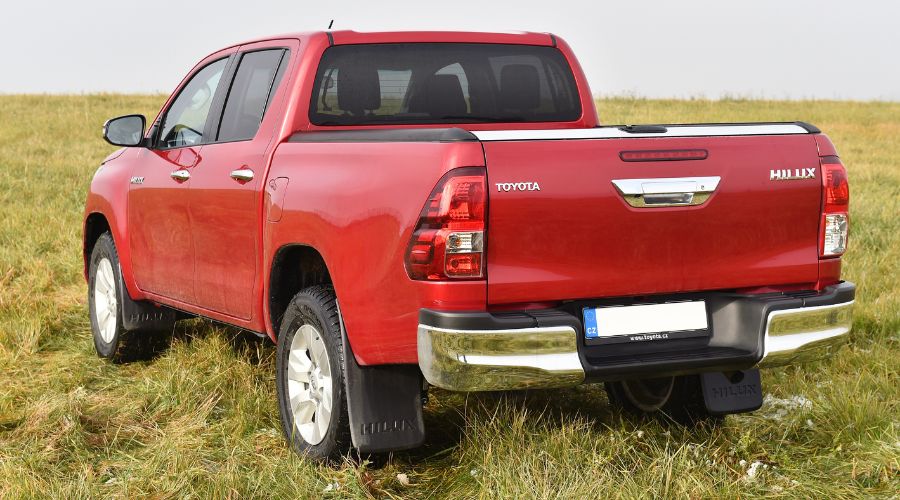Double cab pick-up owners should make most of beneficial treatment before it is gone
18th February 2025
From April 2025, HMRC will no longer use the VAT definitions of ‘car’ and ‘van’ to classify double cab pick-up (DCPU) for benefit in kind and capital allowance purposes, or when restricting car hire costs for calculating business profits.

Instead of treating DCPUs with a payload of one tonne or more as vans, the classification will be based on the vehicle’s primary suitability when it is made available.
With only vehicles “of a construction primarily suited for the conveyance of goods or burden of any description” being classified as vans, most (if not all) DCPUs will be treated as cars.
Saffery, a firm of chartered accountants and business advisors in the UK, said that given this change, owners may face:
Higher BIK charges and Class 1A NIC
From 6th April 2025, employees using DCPUs for personal use will face higher BIK charges. Consequently, employers will have more Class 1A National Insurance contributions (NICs) to pay.
This will apply to both the use of the vehicle itself, which will be based on the vehicle’s list price and CO2 emissions, and for fuel for private journeys. By comparison, the BIK for a van in 2025-26 would be £4,020 for the vehicle and £769 for the fuel.
Transitional rules apply to DCPUs bought, ordered or leased before 6th April 2025, allowing businesses to rely on the previous treatment until the earlier of the vehicle’s disposal, the end of the lease, or 5 April 2029.
Reduced capital allowances
From 1st April 2025 for corporation tax and 6th April 2025 for income tax, businesses buying DCPUs won’t be able to claim the same level of capital allowances as when these vehicles were classified as vans.
For instance, a new van may qualify for 100% full expensing, whereas cars cannot. Transitional rules apply to expenditure incurred on DCPUs as a result of contracts entered into before 1st April 2025 for corporation tax and 6th April 2025 for income tax, where the expenditure is incurred on or after that date but before 1st October 2025. In such cases the old treatment will apply.
Leasing restrictions
From 1st April 2025 for corporation tax and 6th April 2025 for income tax, businesses leasing DCPUs with CO2 emissions of more than 50g/km (in practice, this will be virtually all of these types of vehicles) will only be able to get relief for 85% of the costs, compared to previously being able to deduct the full cost.
Transitional rules apply to expenditure incurred on the hire of DCPUs where the contracts for hire are entered into before 1st April 2025 for corporation tax and 6 April 2025 for income tax, and the expenditure is incurred on or after these dates but before 1st October 2025. In these cases, the old rules will apply.
David Bussey, partner at Saffery, and a member of the firm’s Land and Rural Practice Group, said: “Particularly given the transitional arrangements, you may be able to take advantage of these reliefs before they go.
“For example, an employer orders a double cab pick-up on 3rd March 2025, but the vehicle isn’t available until 1st September 2025.
“As the pick-up was ordered before 6th April 2025, the previous rules continue to apply for BIK purposes until the earlier of the vehicle’s disposal, lease expiry, or 5th April 2029.
“The rules for reclaiming VAT when buying a DCPU remain unchanged.”
Read more machinery news.




